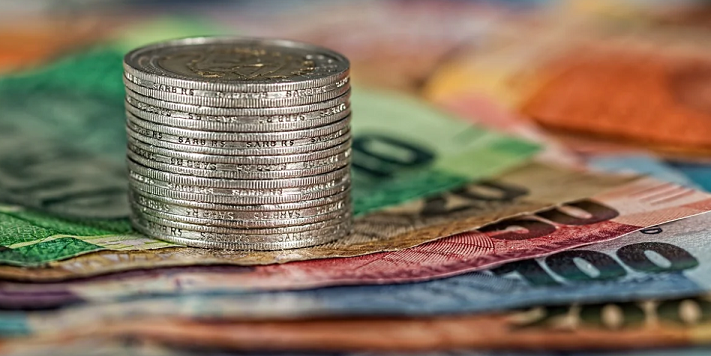
A diplomatic rift has emerged between Morocco and the European Union (EU) over a new banking directive that threatens to disrupt more than $11 billion in annual remittances sent by Moroccans living abroad.
Rabat has described the measure as a direct challenge to its financial sovereignty and is pressing Brussels to amend the rules before they take effect.
The dispute centres on a European Parliament directive adopted in June 2024, which limits the operations of non-European foreign banks within the EU. Moroccan banking subsidiaries in France, Spain and Belgium—critical channels for remittances—are among those affected.
Transfers from the Moroccan diaspora account for about 7% of the country’s GDP, making them a vital source of foreign currency.
“For Morocco, the stakes are high,” said an official close to the negotiations. “If the directive restricts these banks, our diaspora will face higher transfer costs, and the national economy will lose a key lifeline.”
In response, Rabat set up a dedicated task force to engage with the European Commission and key member states, including France. A high-level meeting with the French Treasury in July 2025 sought to craft a framework to keep Moroccan banks active in the EU despite the restrictions.
Brussels has insisted the directive is part of wider post-Brexit banking reforms designed to harmonise financial rules and secure the European market. However, Moroccan officials argue that its unintended consequences threaten both their economy and the bond with millions of Moroccans living in Europe.
The EU has set tight deadlines: member states must transpose the directive into national law by January 10, 2026, with full enforcement beginning January 11, 2027.
Beyond the financial implications, the dispute carries a symbolic weight. Remittances are not only an economic lifeline but also a bridge between Morocco and its global diaspora. Rabat has hinted at exploring digital transfer alternatives to reduce dependence on European banking channels should negotiations fail.
For now, the standoff continues, with both sides under pressure to find a compromise that safeguards Europe’s regulatory ambitions while preserving a cornerstone of Morocco’s economic stability.



